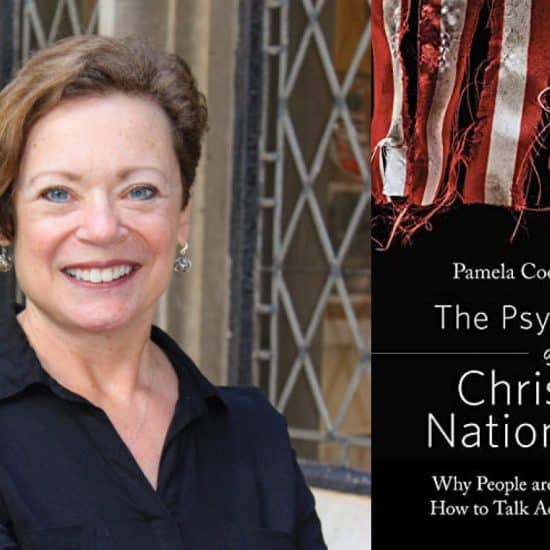This is the third in a five-part series by retired pastor and director of missions Wade Paris to assist pastors in helping couples begin Christian marriages. The series might also help couples who marry without the benefit of premarital counseling. Download a PDF of the entire series.

Wade Paris
In their marriage vows, brides and grooms often commit themselves to one another “for richer or poorer.” Yet even couples hopelessly in love must face the cost of living. The pastor/counselor should do his best to prepare them for it.
The wedding cost. A television newscast reported that the average American wedding costs $50,000. The commentators noted that it is common for a bride and her family to want a larger, more expensive (at least in appearance) wedding than her friends. The pastor/counselor can point out that the size and cost of a wedding does not ensure marital bliss. Furthermore, weddings do not have to be large or expensive to be beautiful.
Even when couples have large families and many friends, the cost can be contained without harming the beauty of the event. To spend more money than one can easily afford or to go far into debt for a wedding is simply poor stewardship.
The honeymoon. Honeymoons are important, but they need not be exotic or expensive. What is important is that the couple has a few post-wedding days away from family and friends in a place they both can enjoy. It may sound impressive to say, “We had the largest wedding ever and honeymooned in Hawaii.” But if those items put the couple or their families in a financial bind for years to come, that is not a wise use of resources.
The debt trap. For many people, debt is a way of life. It is easy for couples who need and want many things to create an indebtedness that will take years to undo. Such a beginning often leads to an indebted way of life that some never escape. Newlyweds commonly receive multiple credit card offers. Beware. It is easier to say, “We will pay them off each month,” than it is to actually do so.
Less can be more. Learning to do without and struggling together can build great marital bonds. Couples celebrating many happy years together often recite their hardships. They relate these with solemn joy, for those are the times that built their relationship and bonded them together.
Money — His/Hers/Ours. In today’s society, both husband and wife often work. If possible, they should learn to live on one salary and save the other. Prior to marriage, each person has been handling his/her own finances. When they marry, they need to decide whether to continue that arrangement or consolidate their finances.
Prenuptial agreements are in vogue today. Young couples in first marriages will not likely need such agreements. For couples previously married with children, such agreements may be wise. These couples should consult a Christian attorney for advice.
It may take newlyweds some time to develop a financial system that works for them, but here are some good rules:
1. Make a realistic budget and stick with it. If a couple cannot make ends meet on paper, they will not be able to make ends meet in reality. The rule a couple cannot break is, “You cannot spend more than you bring home.”
2. As much as possible, avoid debt. That may mean doing without or delaying a purchase. Often when couples marry they each have debt — car notes, credit cards, school debts, etc. Work out a plan to pay those off as quickly as possible, beginning with the one aquiring the most interest.
3. Attend a financial management seminar. Many books describe how to manage finances and stay out of debt.
4. If you own a computer, purchase a good financial management program and use it. Do not go in debt to buy a computer. Poor financial management wreaks havoc on the home. Couples seem to fight over money more than anything else. Handle money well to avoid fighting over it. The old cliché says, “If your outgo exceeds your income, your upkeep will be your downfall.”
Former pastor and director of missions Wade Paris writes a weekly syndicated column, “The Shepherd’s Call,” and is a Word&Way trustee.
Download a PDF of the entire five-part series on premarital counseling.






